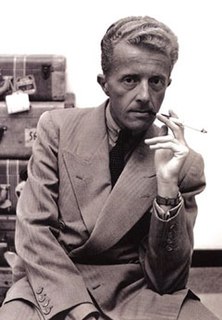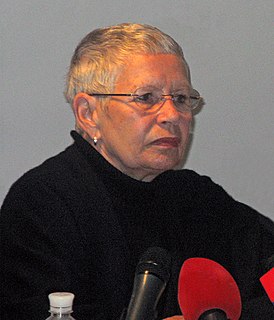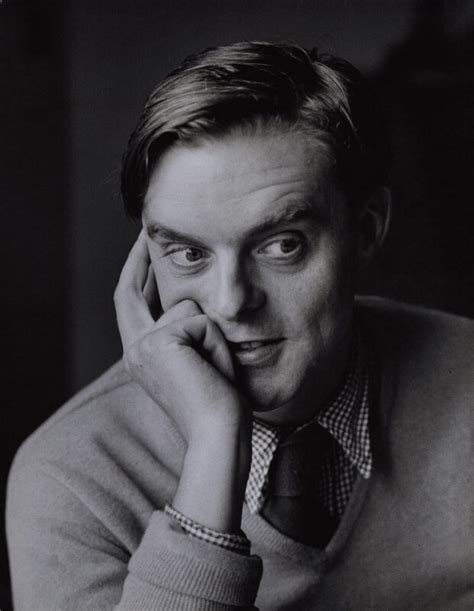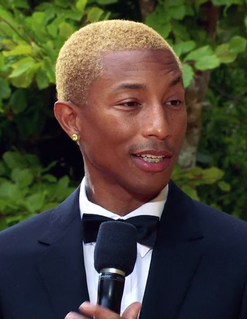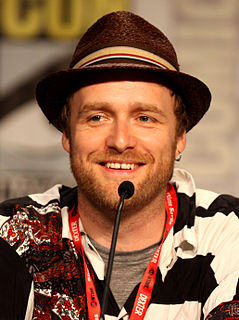A Quote by Robert Lepage
I wouldn't be happy to be a specialist. There are some very interesting artists in history who refused to be nailed down into a category, like Da Vinci or Jean Cocteau. You could say Cocteau was a great poet but also a film-maker, interested in theatre, sculpture, and could never identify with any of these forms exclusively.
Related Quotes
One of the appeals of William Carlos Williams to me is that he was many different kinds of poet. He tried out many different forms in his own way of, more or less, formlessness. He was also a poet who could be - he was a love poet, he was a poet of the natural order and he was also a political poet.
I will say that adapting a character like Da Vinci really wasn't that dissimilar from doing Batman or Superman. Because all three of these guys are really iconic figures, and yes, Da Vinci was historical, but there's clearly been a lot of mythmaking about him, and a lot of things have been attributed to him that may or may not have happened.

